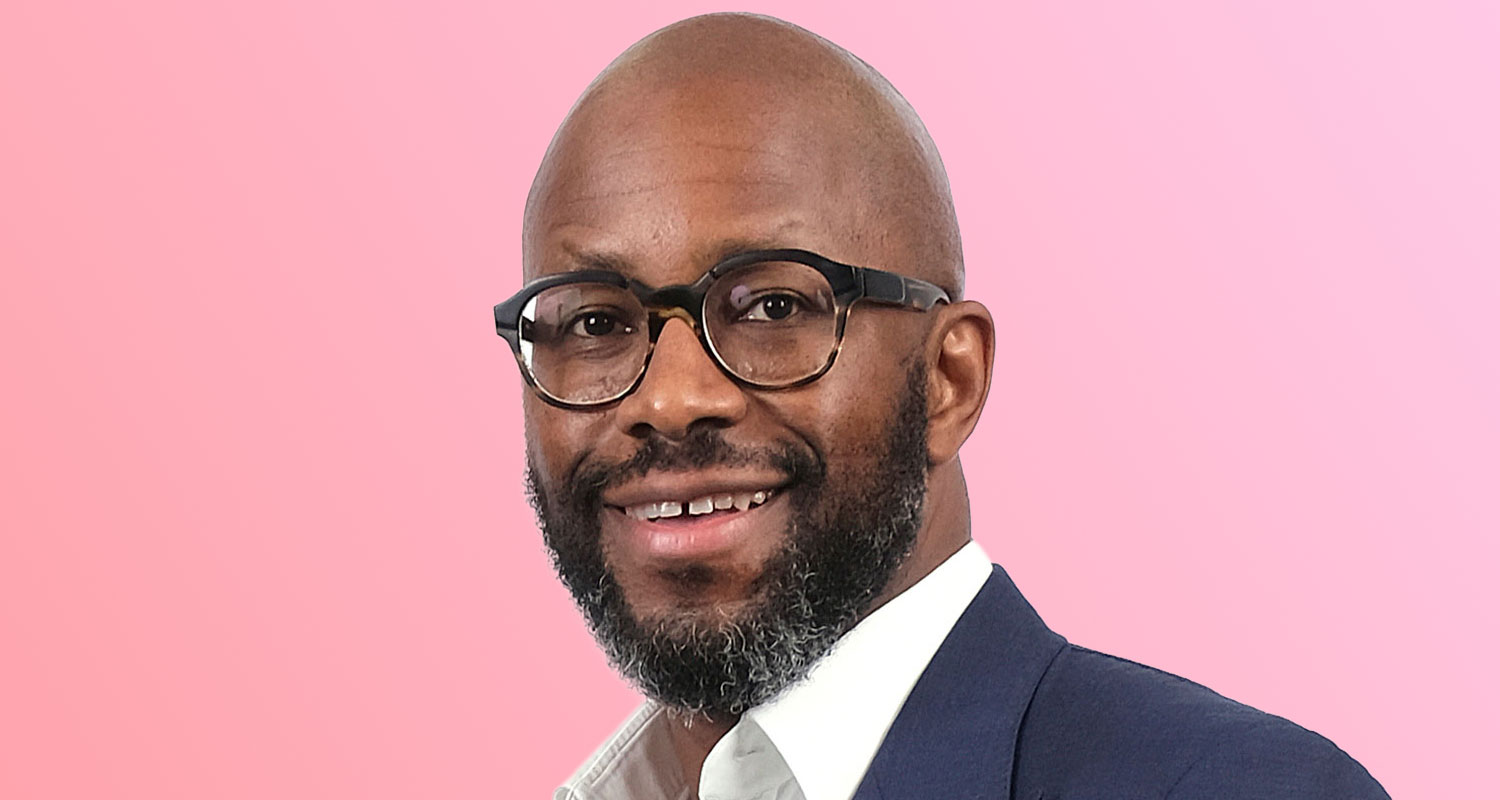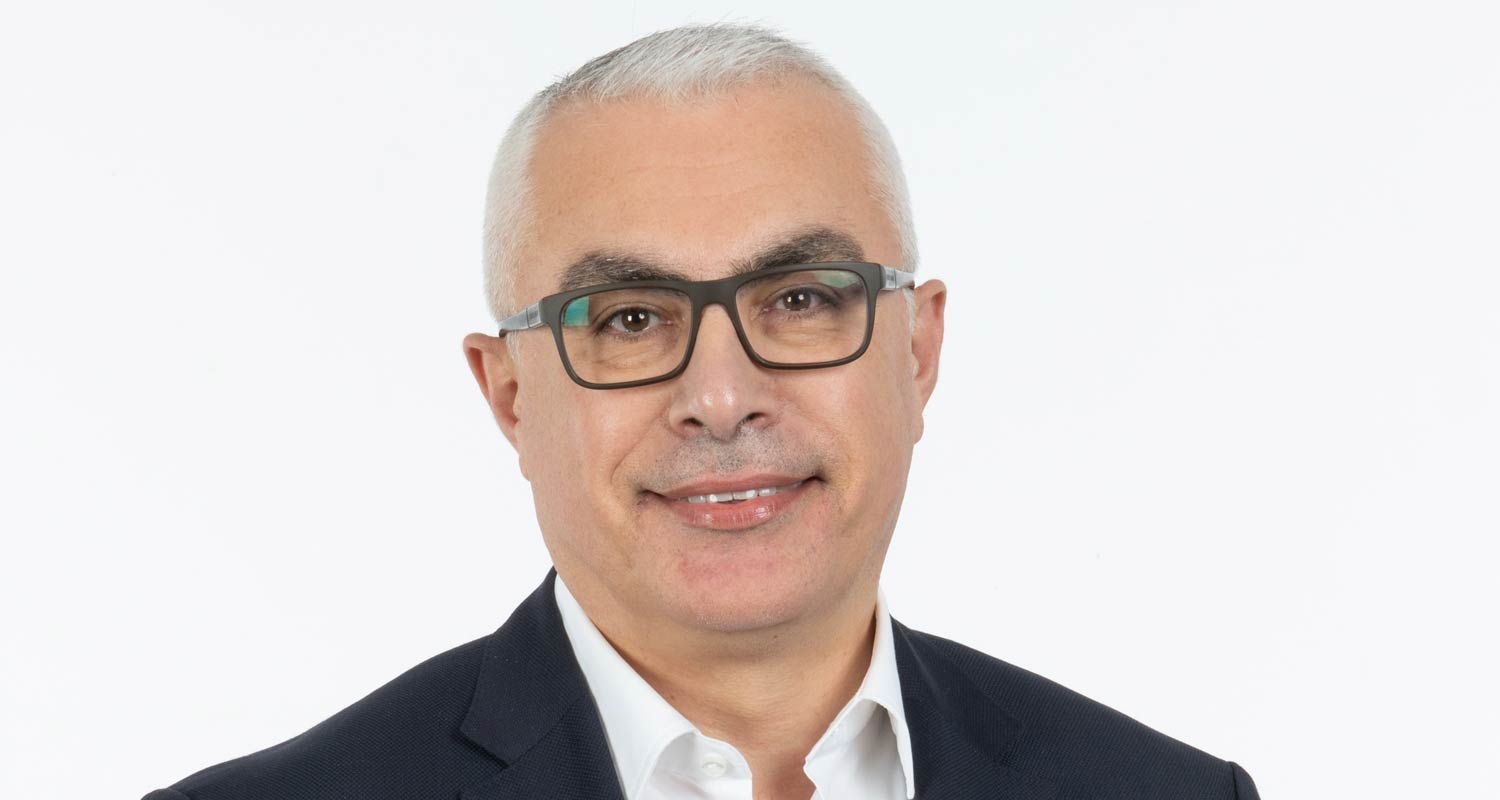
MTN Group CEO Ralph Mupita said on Friday that low-Earth orbit satellites are becoming an integral part of modern connectivity and are here stay. However, he warned that South African lawmakers should treat their regulation on par with other forms of connectivity.
Speaking at a media event in Johannesburg on Friday, Mupita said discussions around regulatory parity between LEO satellite technology and other forms connectivity are taking place in many of MTN’s operating markets across Africa.
“A lot of the discussions around the LEO ecosystem [revolve around] the same service, same rules discussion which has happened here in South Africa,” said Mupita.
“What is clear for us is that LEO satellites are going to be an important part of the digital infrastructure ecosystem going forward. There’s no turning that technology in reverse. We must imagine and envision a world where subsea cables, wireless, terrestrial fibre and LEO satellites will always keep you connected, wherever you are. That’s the future reality.”
Regulatory parity discussions around LEO satellites took centre stage at Icasa’s inquiry into satellite regulations in January. According to the communications regulator, recent changes in the satellite industry have fuelled a need for updated regulations as the technology becomes more prominent.
At the hearings, mobile industry lobby group the Association for Comms and Technology – of which MTN is a member alongside Vodacom, Telkom Mobile, Cell C, Rain and Liquid Intelligent Technologies – argued that Icasa’s review process was flawed because it could lead to “the benefit of some and not others”.
Level playing field
ACT said licensing rules – including the conditions attached to those licences – should be the same for all players to ensure a level playing field.
Following the hearings, communications minister Solly Malatsi in May issued a draft policy directive asking Icasa to explore the use of equity equivalence investment programmes in the telecoms sector. Malatsi came under fire for the directive from his ANC counterparts in the government of national unity.
Read: SpaceX formally withdraws from Icasa satellite hearings
Khusela Diko, chair of parliament’s portfolio committee on communications, accused Malatsi of pushing the directive to make it easier for Elon Musk-owned Starlink to obtain an operating licence in South Africa. Malatsi denied these allegations.
According to Mupita, any changes to the regulatory regime should apply across the board and not be differentiated across connection technologies. He said MTN continues to trial LEO satellite technology across its markets, opting for a partnership model where the satellite companies help augment MTN’s services.

Mupita said Mazen Mroué, who heads up MTN’s fibre and data centre business across Africa, will drive the operator’s LEO partnership strategy. Mroué was previously group chief technology and information officer.
“We’ve looked at Zambia, for example… It is a large country, but it’s sparsely populated. A partnership makes sense there because you can’t build all these sites where there’s a distributed population and its challenging because it’s very hilly. But in Lagos, that doesn’t make sense.” — © 2025 NewsCentral Media
Get breaking news from TechCentral on WhatsApp. Sign up here.
Don’t miss:
Telecoms operators back BEE reforms – but warn against favouritism

